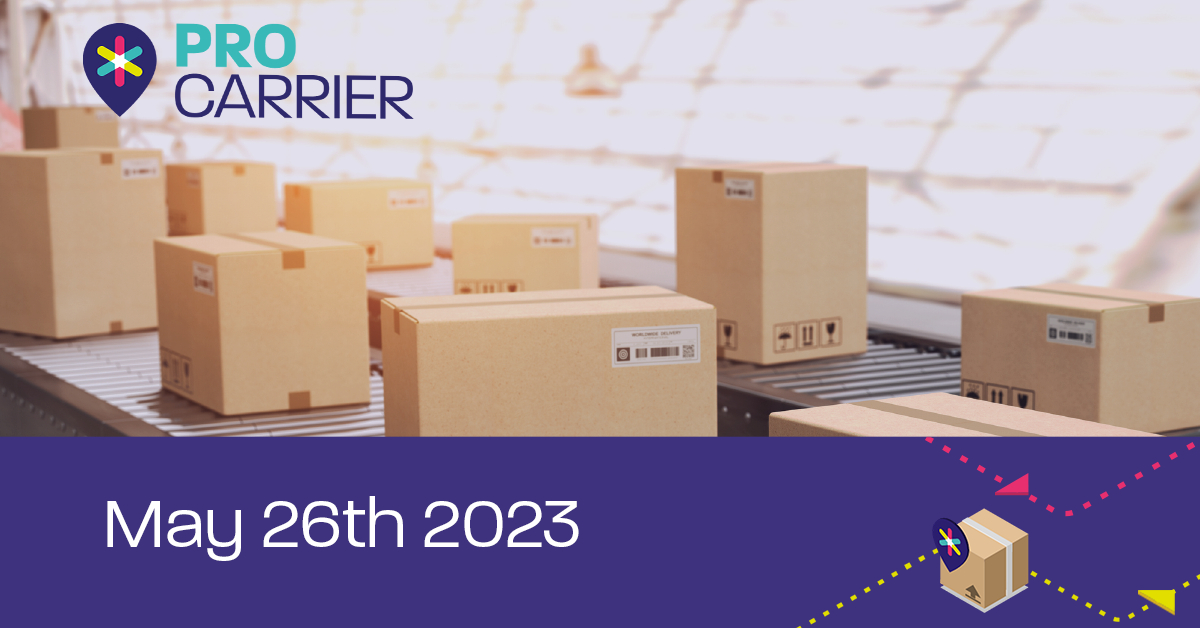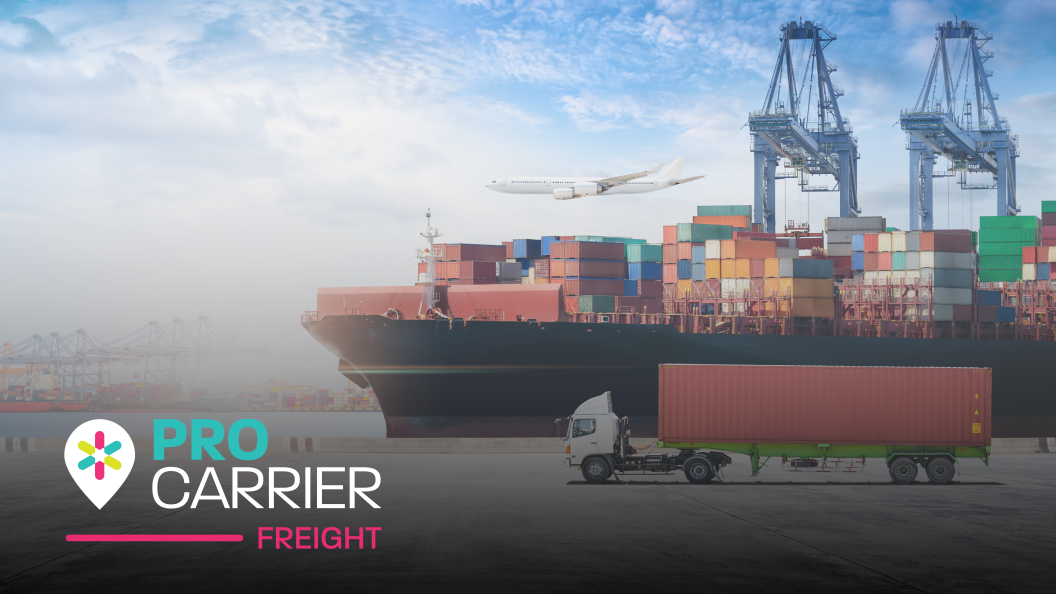Topic of the week – Influencing customer purchases (Price v Preference)
A new variety of UK eCommerce shoppers has emerged, where value seeking and principles clash. The new cohort of shoppers called “conflicted” shoppers seek both value for money while also searching for products or services that align with their own values, a big factor being sustainability. There are many other driving factors that can swing the consumer’s purchase decision, the question is whether consumers prioritise their own preferences over lower prices.
The current economic climate has motivated shoppers to rethink their spending habits, and has promoted reduced consumption. The UK eCommerce market is split fairly evenly amongst low income (31.9%), medium income (33.7%) and high income (34.4%) shoppers. When asked how important a range of factors were to them when purchasing online, a share of respondents prioritised the following shopping preferences:
- Access to product reviews – 100% importance
- Choice of environmentally friendly delivery options – 96% importance
- Transparent return costs – 94% importance
This study from Statista produced some interesting results that showed consumers considered factors such as delivery options and returns features as well as website browsing preferences to be of higher importance than price. Certain aspects of pricing held similar importance such as price comparison tools (94%) and return costs, however transparent delivery costs were relatively low on the list at 83% importance, and hidden fees leading up to the final product price were at 73% importance. Interestingly free delivery was dead last at 61% importance, which begs the question, are consumer preferences king compared to price?
Consumers may be willing to pay more if it means their preferences are satisfied, especially when it comes to sustainability. More and more people are becoming conscious of their sustainability habits and are now opting to purchase second hand fashion, in order to re-use and reduce. The worldwide second hand apparel market has soared exponentially and in 2022 was worth $43 billion USD. The study from Statista also showed that factors involving price were less important than those involving sustainability. Environmentally friendly delivery options towered above free delivery options and reduced prices on consumer priority lists. In the UK 19% of consumers were absolutely willing to pay higher prices for eco-friendly delivery, whereas 44% of shoppers said that they would consider paying for eco-friendly delivery, but their decision was dependent on the amount of the surcharge.
While it could be argued that price is not as important as it once may have been, there is certainly still a consideration for pricing factors despite consumer preferences. The buyer landscape and consumer needs are changing constantly so it important to research your audience and look at what they prioritise.

In other news
Automated grocery bots
If you live in the Greater Manchester or West Yorkshire areas, you may have already seen autonomous delivery robots roaming the streets. Earlier in the year, autonomous delivery specialists, Starship Technologies rolled out their food delivery robots in Greater Manchester in collaboration with the Co-Op and Trafford Council, with availability to around 24,000 residents. Starship Technologies has just expanded the use of its autonomous delivery robots in to Wakefield, West Yorkshire, where a further 13,000 residents will have initial access. The purpose of this new delivery system in collaboration with the Co-Op, is for consumers to place their grocery orders through the Starship food delivery app, with their goods delivered from the store to their house within minutes. The convenience of Co-Op stores allows for orders to be placed and the robots to fulfill them quickly and efficiently. These robots provide an emission free solution to convenience store shopping, as they are battery-powered, using a range of sensors and AI to navigate pavements and obstacles with computer mapping of the surrounding environment. Starship’s delivery robots reduce unnecessary car journeys therefore reducing the amount of emissions. Starship Technologies now has its robots stationed across the UK, in locations such as Milton Keynes, Northampton, Bedford, Cambourne, Cambridge, and now Wakefield.
Shopping = Happiness?
A recent study from Generation Logistics has explored why shopping is associated with happiness, and has highlighted the importance of the transit process within the customer journey. The study has shown that dopamine is released during the ordering process and in anticipation of the parcel arriving in comparison to actually receiving the product. This just outlines how integral it is to have a streamlined customer experience, with multiple touchpoints throughout transit. The customer needs to be aware that their parcel is coming and of its location. Repeat email updates, such as confirmation of orders and delivery updates, as well as parcel tracking features and even SMS time slot updates are all vital factors that contribute to creating a good customer experience and building a sense of anticipation for your orders.
eCommerce Market Stats
See some statistics relating to this week’s topics in the eCommerce market below.
US online shopper preferences
- Direct delivery to my home – 55%
- Cheaper prices – 47%
- Product information – 32%
Romania online shopper preferences
- Price – 45%
- Special offers – 36%
- Terms of delivery/timing/costs – 34%
Hungary online shopper preferences
- Price – 88%
- Payment methods – 57%
- Delivery time – 55%
*All statistics sourced from Statista
That’s all for this week…
If you would like to read more industry related news and insights, check out our articles below, or get in touch to discuss our services!



